Find your super
If you’re not sure which fund your super is with, or if you think you might have multiple accounts, the Australian Taxation Office provides online resources to help.
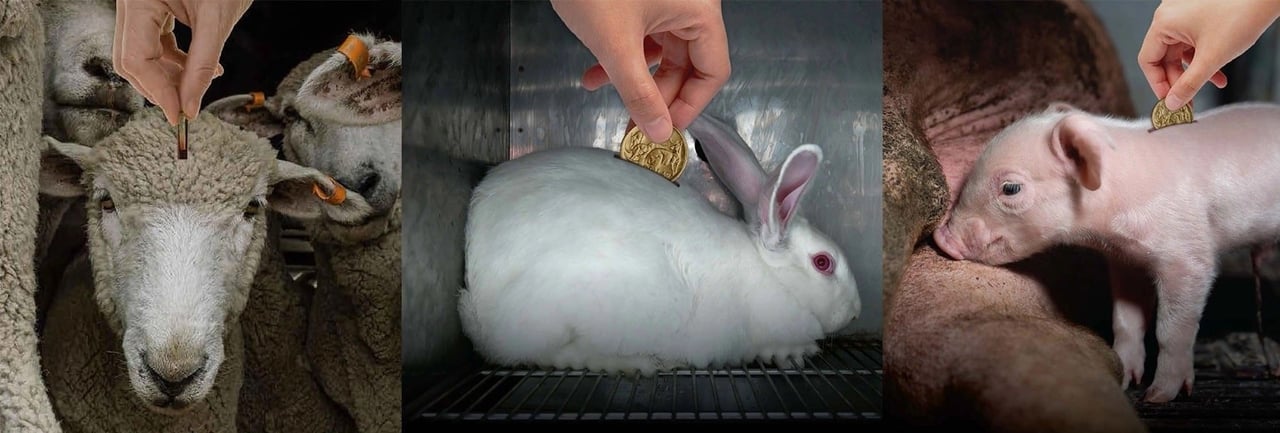
Financing factory farming
It's the super industry's dirty secret, did you know that 90% of major super funds don’t have a public position on animal welfare? It means your hard-earned money may be invested in intensive factory farming, cosmetic testing on animals or live animal exports.
As superannuation funds grow every larger and look to invest in animal agriculture operations, it becomes even more likely that your superannuation is funding cruelty.
If you’re not sure which fund your super is with, or if you think you might have multiple accounts, the Australian Taxation Office provides online resources to help.
For independent advice about your investment choices, consider consulting a financial adviser certified by the Responsible Investment Association Australasia. From the above link, select “Australia”, then your state, and the certified advisers carry a green tick.
By following these simple steps from the Australian Tax Office, it’s easy to switch your super to another fund.
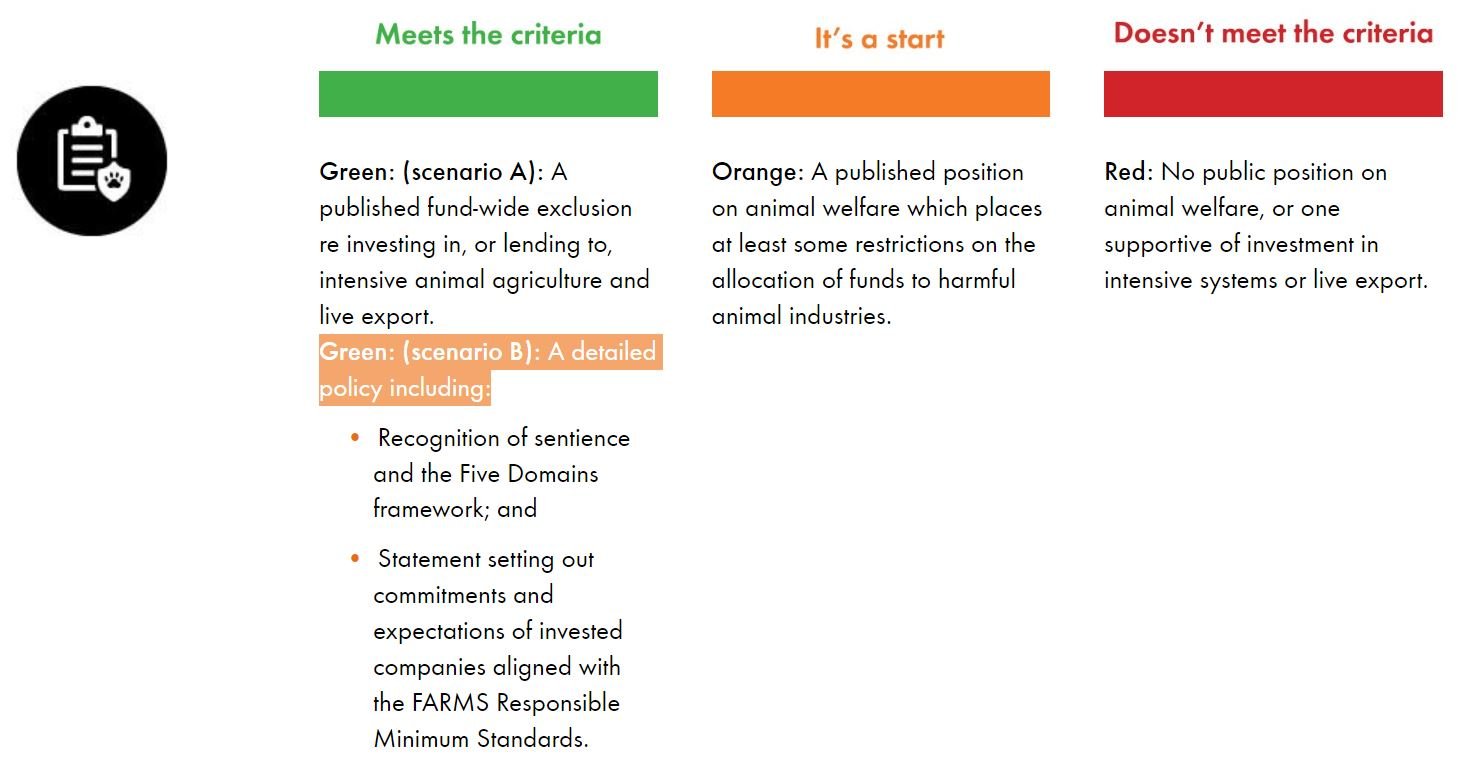
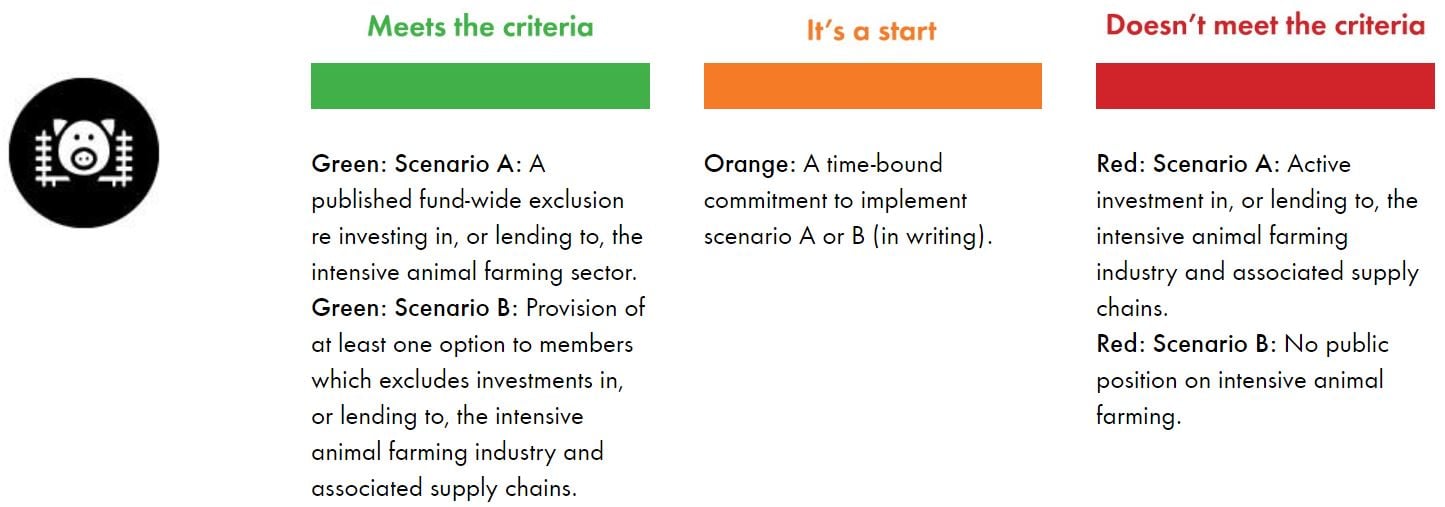
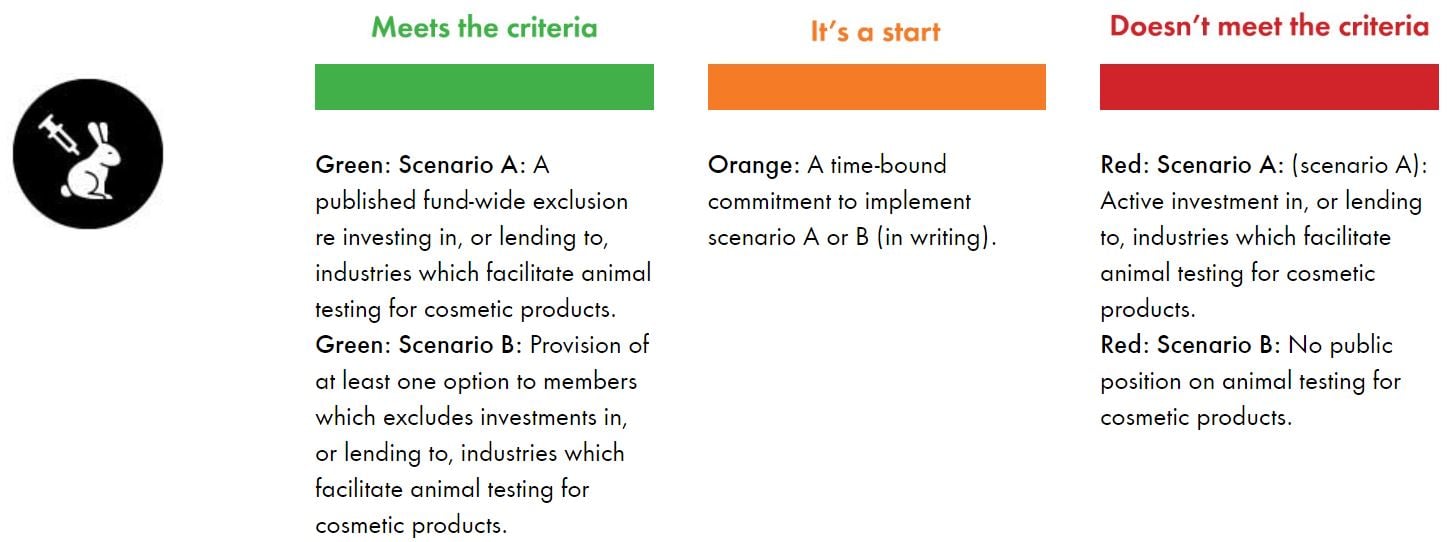
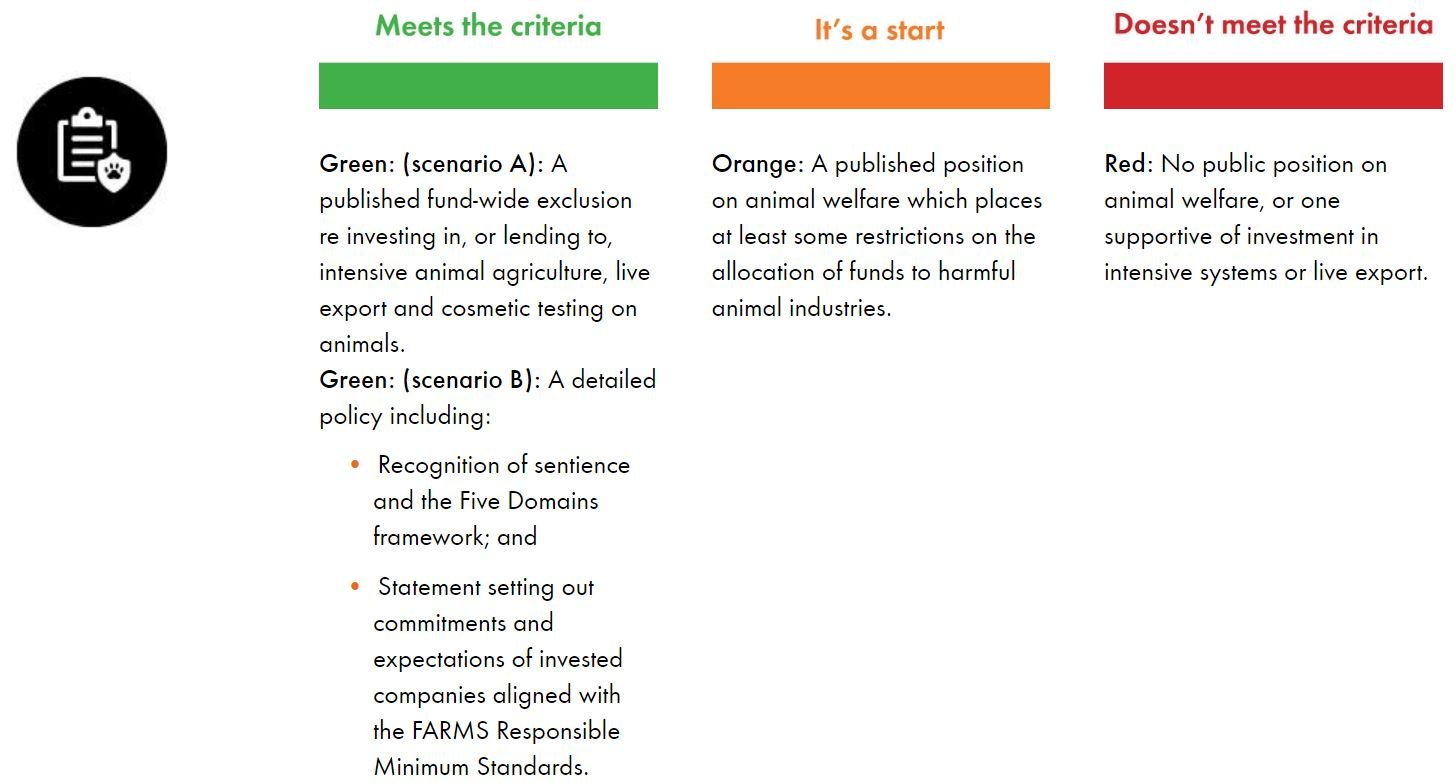
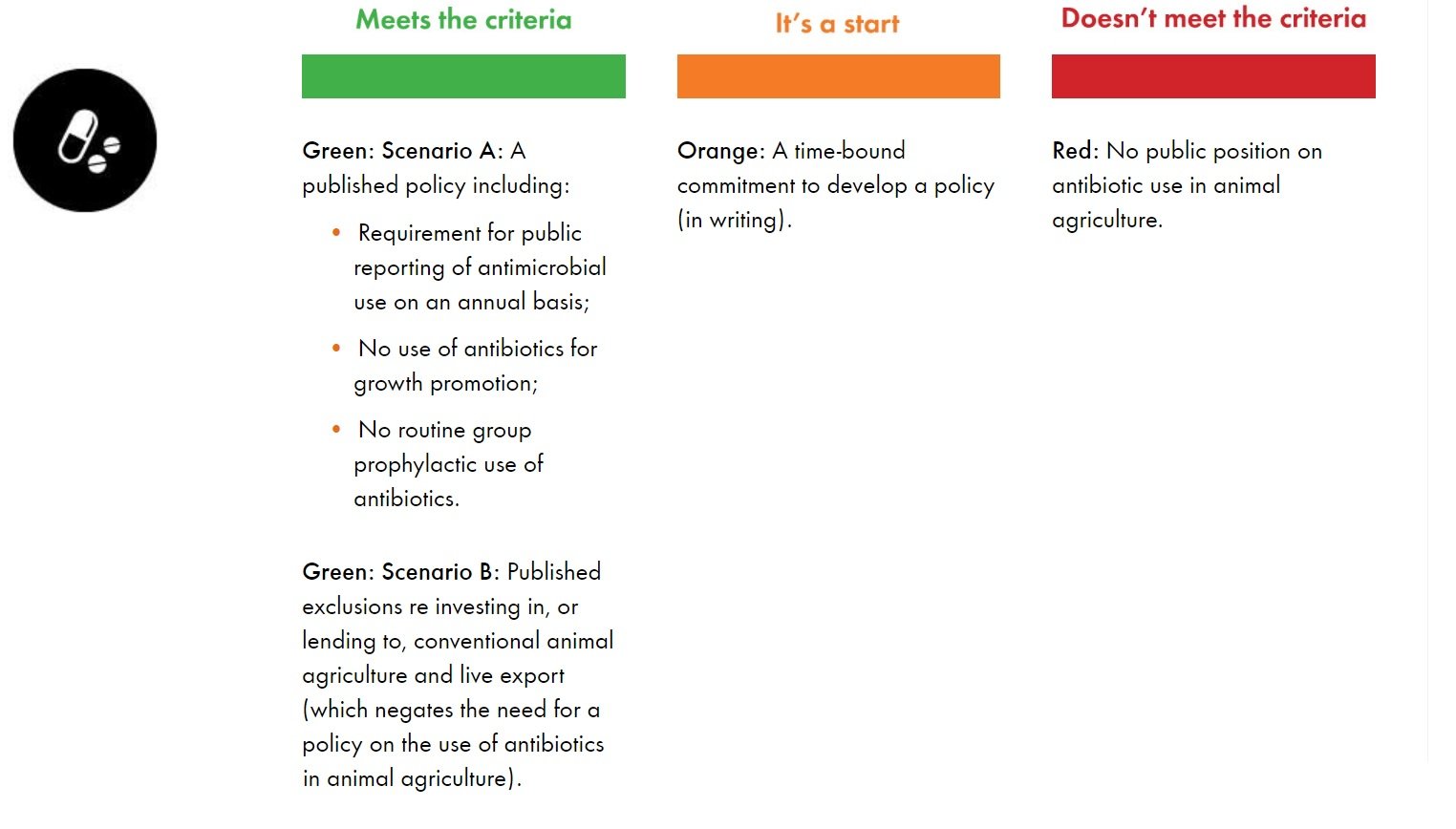
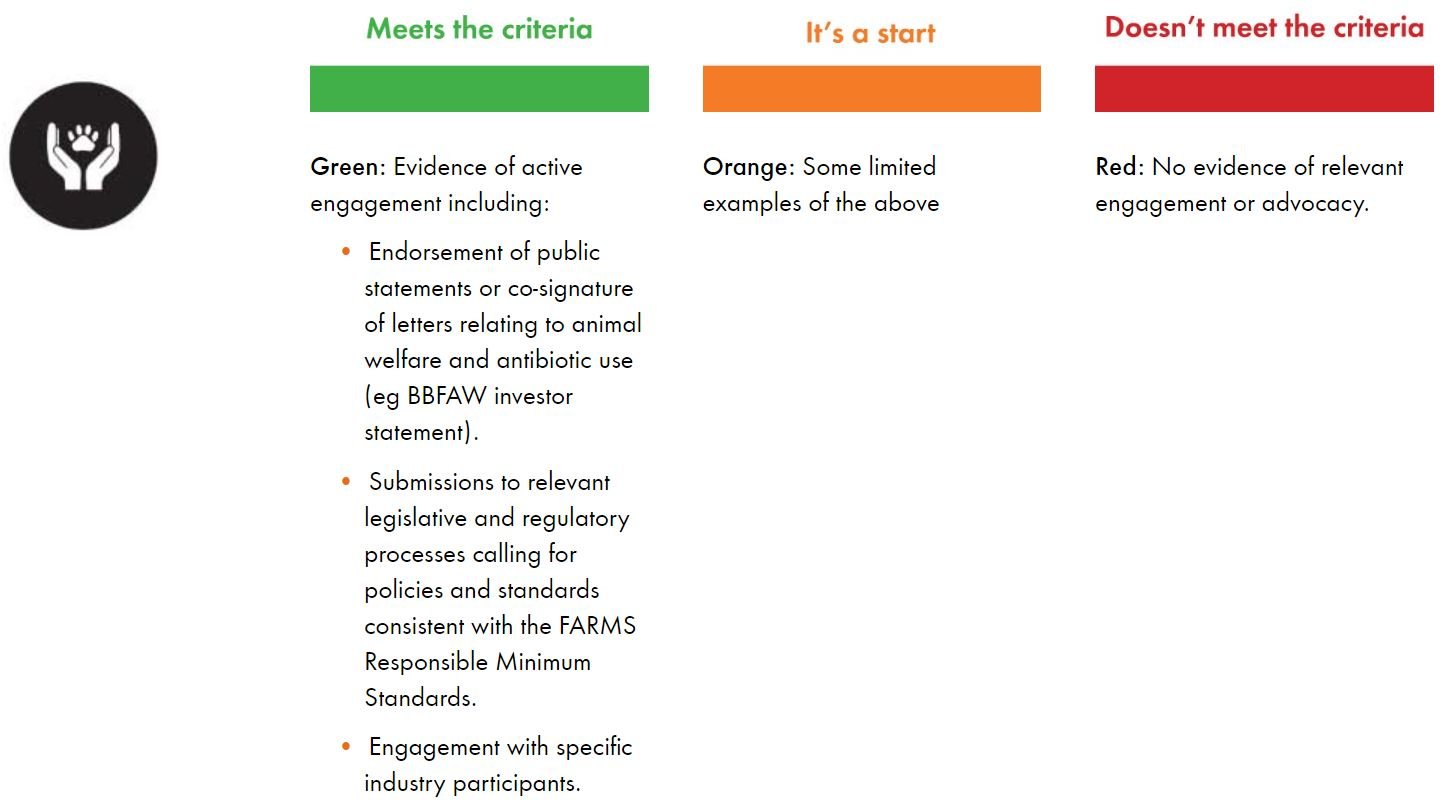
Q: Will my potential investment returns be adversely affected if I either move my super to a responsible investment / ethical focused option within my current super fund, or if I switch to a different super fund with a responsible investment /ethical focus?
A: Extensive research by the Responsible Investment Association Australasia (RIAA) has demonstrated that super funds and investment funds which take an ethical and responsible approach have performed better than their peers over one, three, five and 10 year time frames.
The results of this most recent research and RIAA’s detailed research report can be found at this link.
To help you understand your personal financial position and to develop a strategy that suits your needs and values, you may also wish to contact a certified financial adviser.
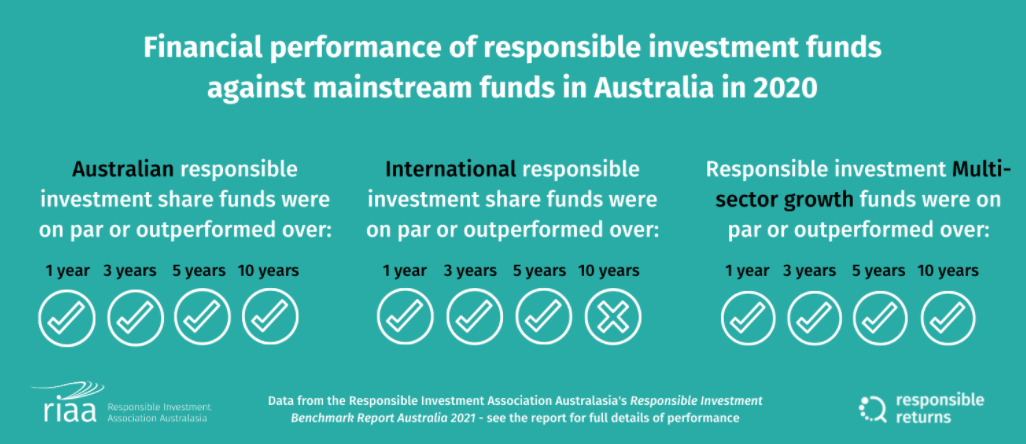
Q: Will I incur fees if I choose to switch my super to another super fund?
A: The Australian Government’s Moneysmart website provides guidance around both consolidating your super accounts into one super fund, or switching your super from one super fund to another for free – please visit this link for more information.
Q: What if I can’t find my super fund in your table or your searchable list?
A: Make sure you search for all possible options via our searchable list in the section headed “Find your super fund by fund name”. It may be that your fund is a sub-plan of another larger super fund with a different name, for example, so please run a quick Google search to double-check. If you’re still not able to find your fund from our searchable list, please contact us at protect@worldanimalprotection.org.au.
Q: What if I have an account with more than one super fund?
A: We would suggest that you contact each of the funds you have an account with. Based on the feedback you receive from each of them, you may wish to consolidate your super with one fund. For more information about consolidating multiple super accounts, or switching your super to an entirely new super fund, please refer to information provided by the Australian Taxation Office at this link.
Q: My super fund has replied to me but I’m not happy with the response I received.
A: Please keep talking to your super fund and explain the reasons you’re not satisfied with their response. If after multiple engagements you’re still not happy, you are welcome to send your fund’s correspondence to us at protect@worldanimalprotection.org.au and we’d be happy to talk to you further. Please keep in mind we cannot provide you with financial advice, so if you are seeking financial advice please see the below section of this FAQ page which provides a link to advisors certified by the Responsible Investment Association Australasia (RIAA).
Q: I would like to speak to someone to obtain some advice about my specific financial situation – where can I find certified advisors who have expertise in this area?
A: The Responsible Investment Association Australasia (RIAA) provides a certification program for financial advisers and financial advisory groups which requires them to meet strict operational and disclosure requirements and make publicly available specific details of their services. They invite their clients and peers to hold them to account consistent with the Responsible Investment Certification Program Code of Conduct. More information about the certification process can be found at this link and you can search for a certified adviser near you at this link.
The information presented in this Campaign does not constitute financial advice. The information presented, including the comparison table, is not intended to imply any recommendation or opinion about a financial product, but to encourage consumers to take action on animal welfare concerns by engaging with their superannuation fund. World Animal Protection Limited is not qualified to provide financial product advice and does not purport to give financial product advice. Consumers should consider obtaining independent advice before making any financial decisions, including whether or not to move funds from one fund to another fund. World Animal Protection Limited does not receive funding from, and is not affiliated with, any superannuation fund or financial institution.
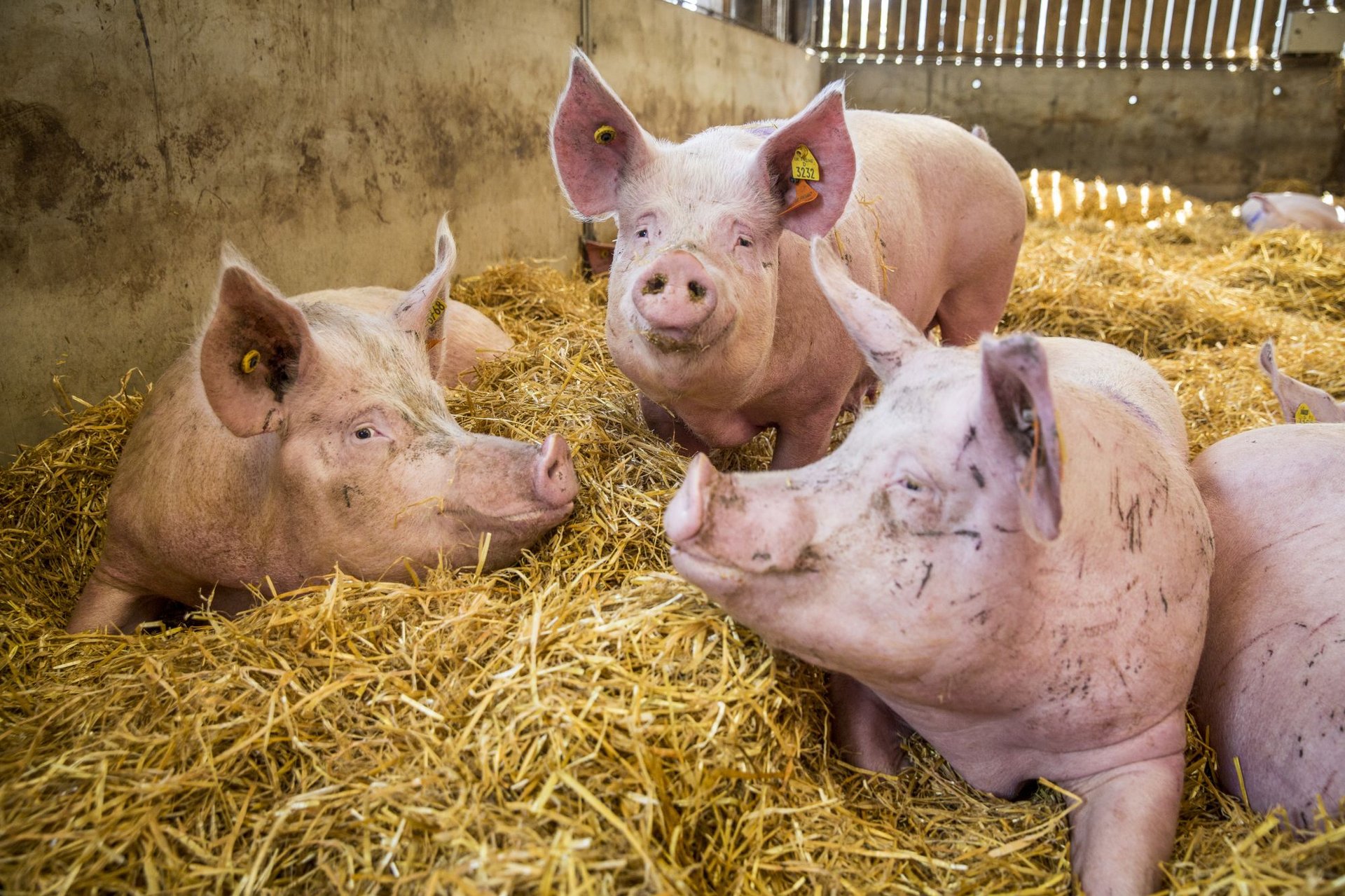
Join thousands of animal lovers fighting to protect wildlife and give farmed animals good lives. Sign up now to receive emails with all the ways you can help.
Sign up